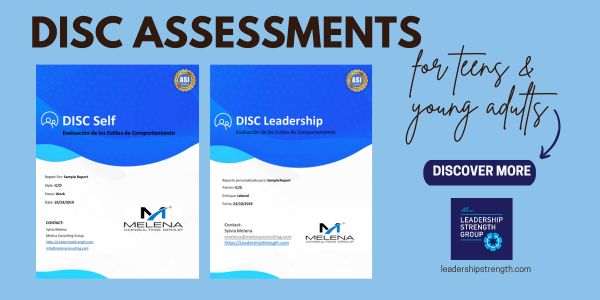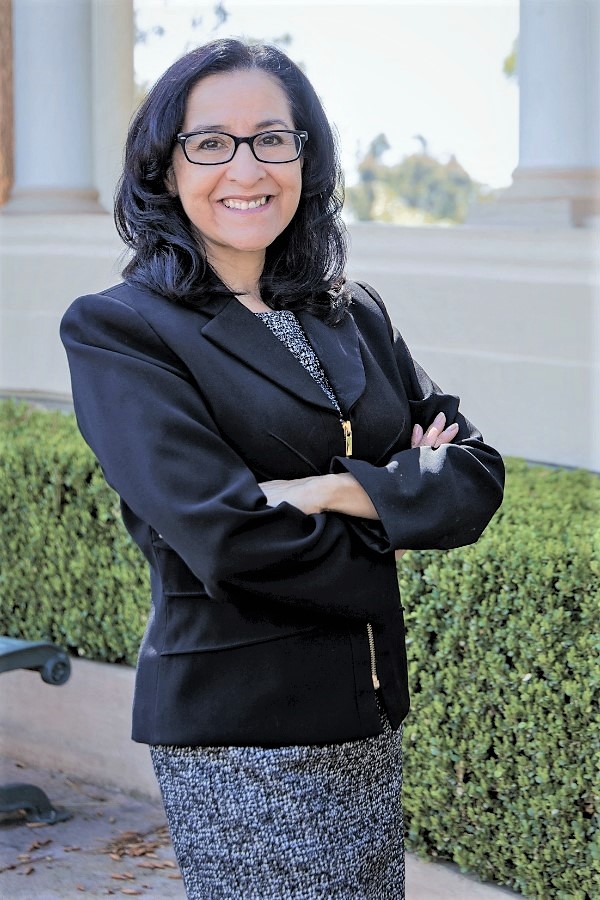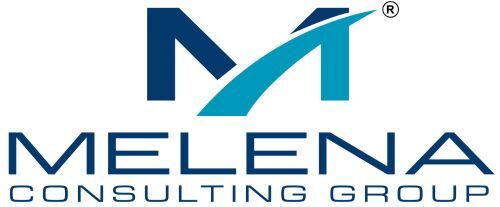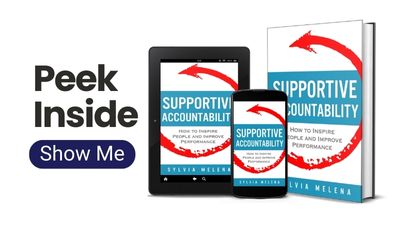Education experts continue to underscore the pivotal global role played by the P21 framework in helping students achieve success. This framework includes what’s known as the “4Cs Key Competencies Framework.” 1
The 4 C’s of Student Success
The 4 C’s framework includes four vital skills, which help students succeed in the classroom and beyond:
- Critical Thinking,
- Creativity,
- Communication, and
- Collaboration.”2
How the DISC Model Advances the Key Success Factors for Students
Dr. Wiliam Moulton Marston, the developer of the DISC Model, did so with a deep focus on interpersonal relationships.3 The assessment can be used with children, teens, and young adults to help them:
- Develop self-awareness of their personalities and behaviors,
- Develop awareness of others, and
- Adapt their approach to achieve success.
Thus, the DISC Model, which identifies four vital communication styles, helps teens directly develop the last two success factors in the 4 Cs framework:
- Communication, and
- Collaboration.
Because working well with others stimulates ideas and sparks innovation, the assessment also indirectly helps with the first two C’s, critical thinking and creativity.
How to Identify the DISC Styles in Teenagers and Young Adults
Identifying the four DISC styles in teenagers and young adults is the exactly the same as doing so with adults in the workplace. The two primary methods are using observations and a reliable DISC assessment.
DISC Assessment for Early Teens and Young Adults
Based on the WHO’s definition of teenage and the testing standards of the DISC assessments used by The Leadership Strength Group, here’s my recommendation on DISC assessments for early teens and young adults,
For teenagers and young adults ages 14 and older, you can use any of the following key DISC assessments depending on the person’s goals:
- DISC Self
- DISC Leadership

The DISC Self Assessment
The DISC Self-Assessment is recommended for teens and young adults in high school and above who would like to build or enhance their communication and collaboration skills.
The DISC Leadership Assessment
If you’re aiming to help young adults develop their leadership skills, DISC Leadership is the perfect tool, if you couple it with complementary leadership opportunities. While the DISC assessment can teach students how to become self-aware and adapt their communication approach, real-world experiences provide them with opportunities to apply what they learn.
Application is makes learning more engaging and helps it stick.
The DISC Self and DISC Leadership assessments are great tools to help teens and young adults discover their DISC styles, their communication strengths, and their opportunities for growth.
Because Dr. Marston developed the DISC Model with an eye on interpersonal relationships, the DISC assessment helps teens and young adults strengthen their communication and collaboration skills. The sooner they start, the faster they achieve success.
About the Author

SYLVIA MELENA is the Principal of Melena Consulting Group, a leadership and organizational development consulting firm. She is also the two-time international award-winning and best-selling leadership author of Supportive Accountability: How to Inspire People and Improve Performance and its Spanish translation, Responsabilidad solidaria: Cómo mejorar el rendimiento laboral por medio del apoyo.
REFERENCES 1, 2 Hu, A., Li, X., & Song, H. (2023). “The influence of big five personality traits on college students’ key competencies: The mediating effect of Psychological Capital.” Frontiers in Psychology, 14, 1–15. https://doi.org/10.3389/fpsyg.2023.1242557. Creative Commons License: https://creativecommons.org/licenses/by/4.0/. Date accessed: August 28, 2023. 3 Jones, C. S., & Hartley, N. T. (2013). Comparing correlations between four-quadrant and five-factor personality assessments. American Journal of Business Education (AJBE), 6(4), 459–470. https://doi.org/10.19030/ajbe.v6i4.7945. Creative Commons License: https://creativecommons.org/licenses/by/3.0/. Date accessed: August 28, 2023. 4 World Health Organization. (n.d.). Adolescent health. World Health Organization. https://www.who.int/health-topics/adolescent-health#tab=tab_1. Date accessed: August 28, 2023.







Marston did not develop the DISC assessment.
You are correct, Kurt. Marston developed the DISC Model, but Clark developed the assessment based on the model. Here’s a video I created a few years ago that covers that. https://youtu.be/WZi3VrG2Hec?si=x2TNsWU8CfiY3guM Great catch! Regards, Sylvia